For most, tragedy means a life of pain and suffering. For Nietzsche, the paradox of life's tragedy means being pulled in two directions: a desire to surrender ourselves to our suffering and a reciprocal need to represent and express it. But for Baldwin, life can transcend beyond this tragic binary. Phillip E. Mitchell argues that it is authors like Baldwin that teach us about moments of astonishment, where we can move beyond both pain and language, beyond the impulse to destroy and distil. When we stop seeing art as an attempt to make our suffering beautiful, we are released from tragedy’s causal chain, and we can achieve freedom.
Jazz sings suffering. Born out 19th century blues, with its improvisations and wild rhythms, it expresses the alienation and despair of Black Americans in the aftermath of slavery, Jim Crow America, and the Civil Rights Movement.
Novelist and short story writer James Baldwin is attuned to jazz’s power to communicate those experiences. His 1957 story Sonny’s Blues, one of several of his stories that feature jazz musicians, explores the relationship between two brothers in Harlem in the ‘50s. The [nameless] narrator, who appears to have it together—he’s a family man and algebra teacher—must navigate how to (re)connect with his estranged brother, Sonny, a heroin addict and jazz pianist. The rhythms of Sonny’s life, both literally and figuratively, are out of step with his own.
Their reconciliation occurs while Sonny plays a jazz (or bebop depending on which academic article one reads: see Sherard in the bibliography) version of “Am I Blue?” shortly after he’s released from prison. While he plays, the narrator experiences a moment of rapture and, although reticent to applaud Sonny’s musical ambitions, does that very thing. He says Sonny teaches him how he, and the people around, “can be free” and can “cease lamenting” (140 ). During the number, the narrator also ruminates on his and his family’s losses (an uncle who was killed by drunk white men and the loss of his daughter Grace, for example). After the song, the narrator sends Sonny a milk and scotch, and they exchange nods. Somehow, the music is able to speak in a way that Sonny had not been able to before. And the music allows the narrator to understand what he’s saying.
SUGGESTED VIEWING
The Mystery of Music
With Jonathan Derbyshire, Eric Clarke, Lydia Goehr, Marc Robinson, Rhian Samuel
It’s one of the most important and popular stories of the twentieth century, so there’s no shortage of scholarship on it. I teach it every semester in American literature. The more I’ve read it over the past few years, the more I’ve been reminded of another important work about suffering, Nietzsche’s The Birth of Tragedy. This connection isn’t new, either. Two other scholars have used The Birth of Tragedy to discuss the story (Golden and Reid).
___
That’s no surprise given that all of life must be understood as art, or an aesthetic experience, to Nietzsche
___
Nietzsche’s work attempts to chart the, well, the birth of tragedy as an art form in Ancient Greece. He does this juxtaposing the Olympic Gods with the more chaotic world that came before them. He believes that, because life offers only pain, the Greeks had to invent gods, and art, to make sense of the world. That’s no surprise given that all of life must be understood as art, or an aesthetic experience, to Nietzsche.
What I found in working through connections between Baldwin and Nietzsche, however, is that the story is an explicit dramatization of Nietzsche’s ideas—up to a point, anyway.
___







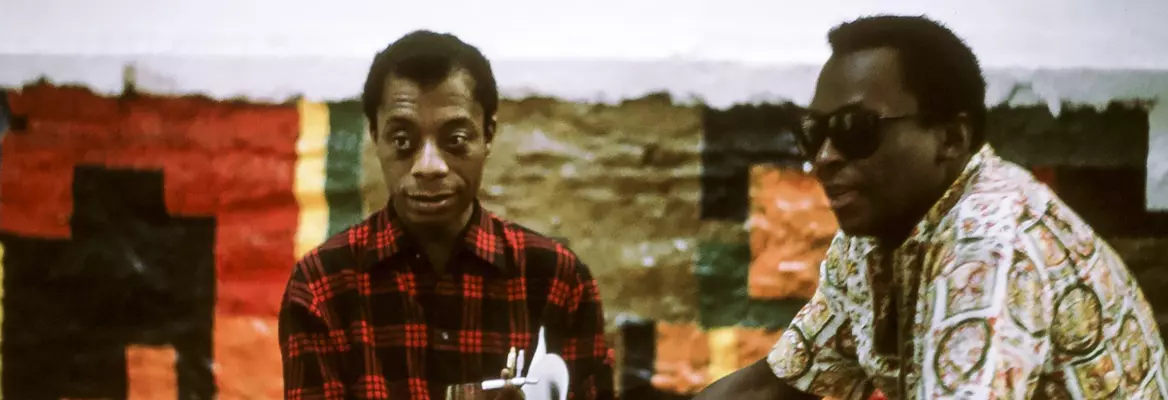



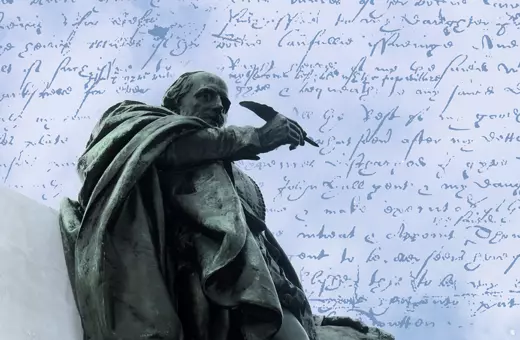



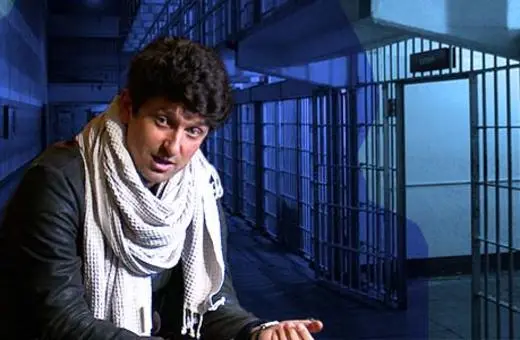

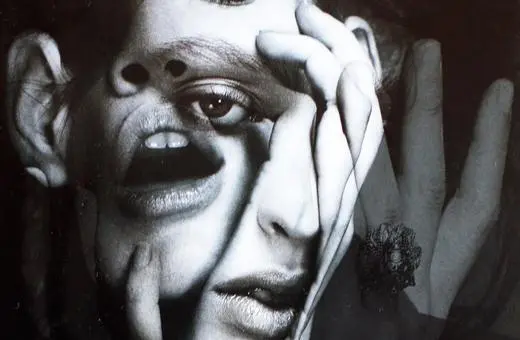
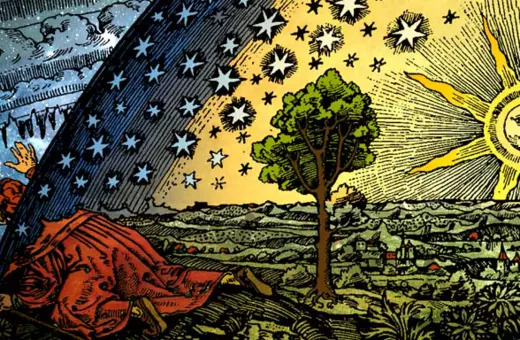



Join the conversation